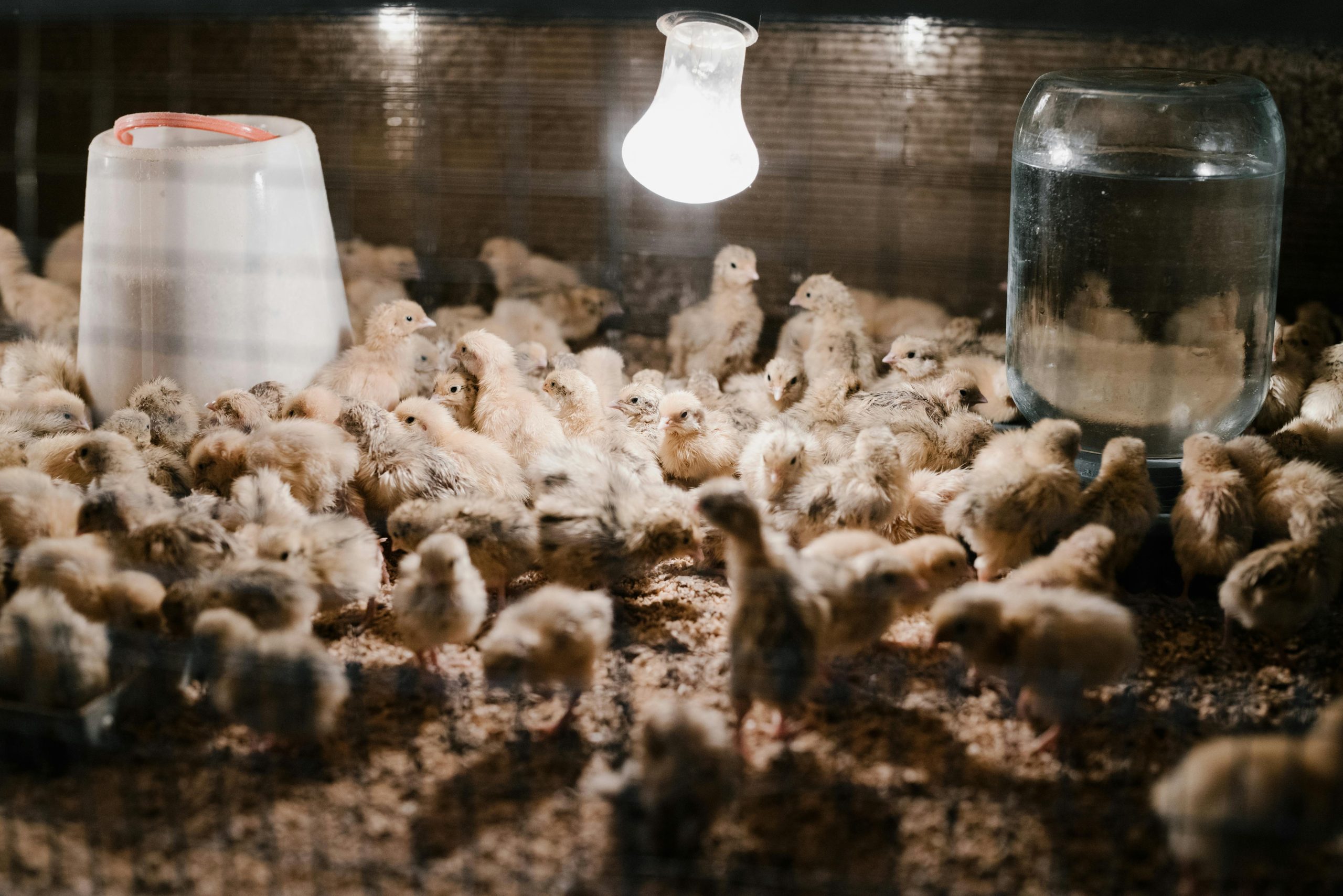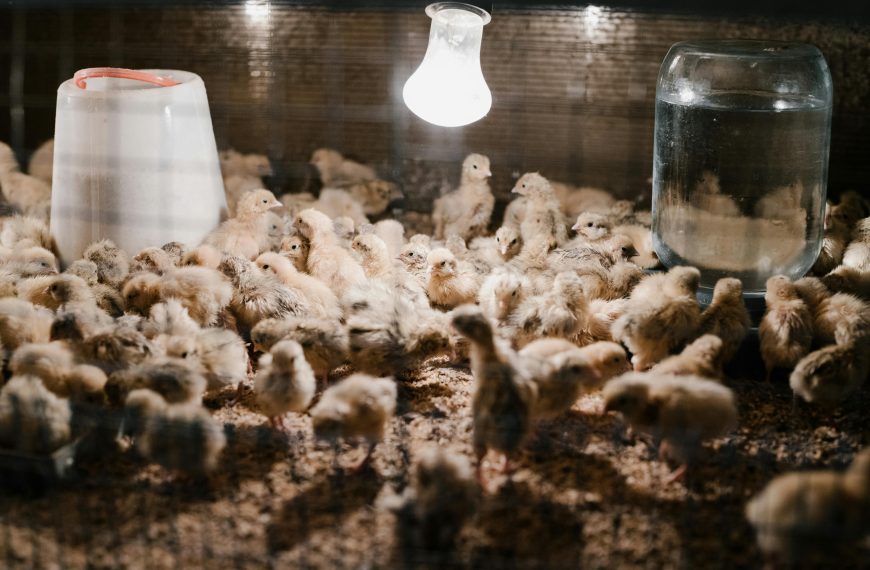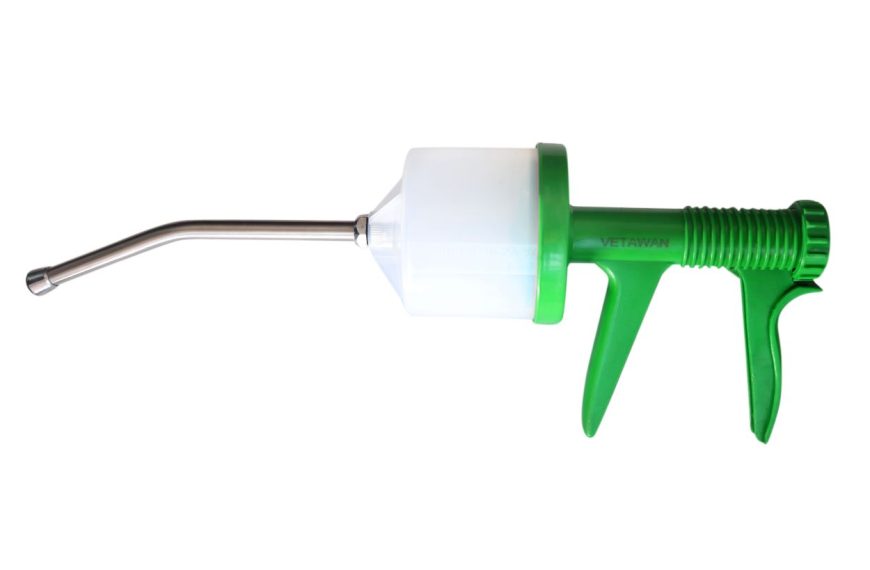Infectious Bursal Disease (IBD), also known as Gumboro Disease, is a highly contagious viral disease that affects young chickens, causing immunosuppression and mortality. The disease primarily targets the bursa of Fabricius, a lymphoid organ responsible for the production of B-cells, which are essential for the development of the bird’s immune system. It is highly recommended to protect your flock from Infectious Bursal Disease.
IBD is caused by a birnavirus, which is transmitted through the fecal-oral route or contaminated surfaces. The virus can survive in the environment for an extended period and can persist in birds for several weeks. The incubation period for IBD is usually 3-7 days, and the disease can spread rapidly in whole flock.
Transmission
The virus is primarily transmitted through the following routes:
- Fecal-oral route: The virus is shed in the feces of infected birds and can contaminate the environment, feed, and water sources. Other birds can get the virus by ingesting contaminated material.
- Direct contact: Infected birds can shed the virus in their saliva and nasal secretions, which can be transmitted to other birds through direct contact, such as beak-to-beak contact or feather pecking.
- Indirect contact: The virus can survive in the environment for an extended period and can persist in contaminated surfaces, such as equipment, clothing, and footwear.
It is important to note that the virus can also be transmitted vertically from infected hens to their offspring through the egg. Proper biosecurity measures, such as maintaining a clean and disinfected environment, limiting access to visitors, and practicing good hygiene practices, are crucial in preventing the spread of IBD. Vaccination is also an effective way to control the disease in a flock.
Symptoms
- Depression: Affected birds may appear lethargic, with a lack of energy and reduced activity levels.
- Loss of appetite: Birds may show a decrease in their food and water intake.
- Diarrhea: Birds may have loose, watery stools, which can lead to dehydration.
- Dehydration: Birds may appear thirsty, with sunken eyes and dry mucous membranes.
- Ruffled feathers: Affected birds may appear unkempt, with feathers standing on end and a fluffed-up appearance.
- Swollen combs and wattles: As the disease progresses, birds may develop swollen, blue-tinged combs and wattles.
- Immunosuppression: IBD primarily affects the bursa of Fabricius, leading to a suppression of the bird’s immune system.
- Mortality: Mortality rates can vary from a few birds to a significant proportion of the flock, depending on the virulence of the virus and the age and immunity of the birds.
Prevention and Control
Prevention and control of IBD in poultry primarily involves vaccination and strict biosecurity measures. Vaccination can be administered either in ovo or to day-old chicks, and booster doses are often necessary to maintain immunity. Biosecurity measures include proper cleaning and disinfection of facilities, restricting access to visitors and other birds, and using footbaths and protective clothing.
Vaccination:
Some of the commercial vaccines and their dosage:
- Intermediate and intermediate-plus vaccines:
- Gumboro D78: This is an intermediate vaccine that is administered orally or ocularly to chickens at 1 day of age. The recommended dose is 1 drop per bird.
- Gumboro IBDV: This is an intermediate-plus vaccine that is administered orally or ocularly to chickens at 1 day of age. The recommended dose is 1 drop per bird.
- Intermediate-plus and advanced vaccines:
- Gumboro Vax: This is an intermediate-plus vaccine that is administered orally or ocularly to chickens at 1 day of age. The recommended dose is 1 drop per bird.
- Gumboro Plus: This is an advanced vaccine that is administered subcutaneously to chickens at 18-20 weeks of age. The recommended dose is 0.5 ml per bird.
It’s important to note that dosages may vary depending on the specific recommendations of the vaccine manufacturer and the age and weight of the birds being vaccinated. Poultry producers should always follow the label instructions and consult with their veterinarian when administering vaccines.
Treatment:
Unfortunately, there are currently no effective treatments for Infectious Bursal Disease (IBD) in poultry. The disease is caused by a virus, and antiviral medications are not typically effective against viral infections in poultry. Therefore, prevention through vaccination and strict biosecurity measures is critical in controlling the disease.
In some cases, supportive care may be provided to affected birds to help alleviate their symptoms and promote recovery. This may include providing access to clean water and feed, administering electrolytes or probiotics, and providing a clean and stress-free environment.
It is important to note that any birds suspected of having IBD should be immediately isolated from the rest of the flock to prevent the spread of the disease. A proper diagnosis should be made to ensure that appropriate measures are taken to manage the disease and prevent further spread. A veterinarian should always be consulted for guidance on the management of disease in poultry.
Conclusion
Infectious Bursal Disease (IBD) is a highly contagious viral disease in poultry that primarily affects the immune system. While there are no effective treatments for IBD, prevention through vaccination and strict biosecurity measures is essential in controlling the disease. Early diagnosis and proper management of affected birds can help reduce mortality rates and limit the spread of the disease within a flock. Proper hygiene practices and regular veterinary monitoring can help minimize the risk of IBD and other diseases in poultry
For further advice and information, please feel free to contact us.








